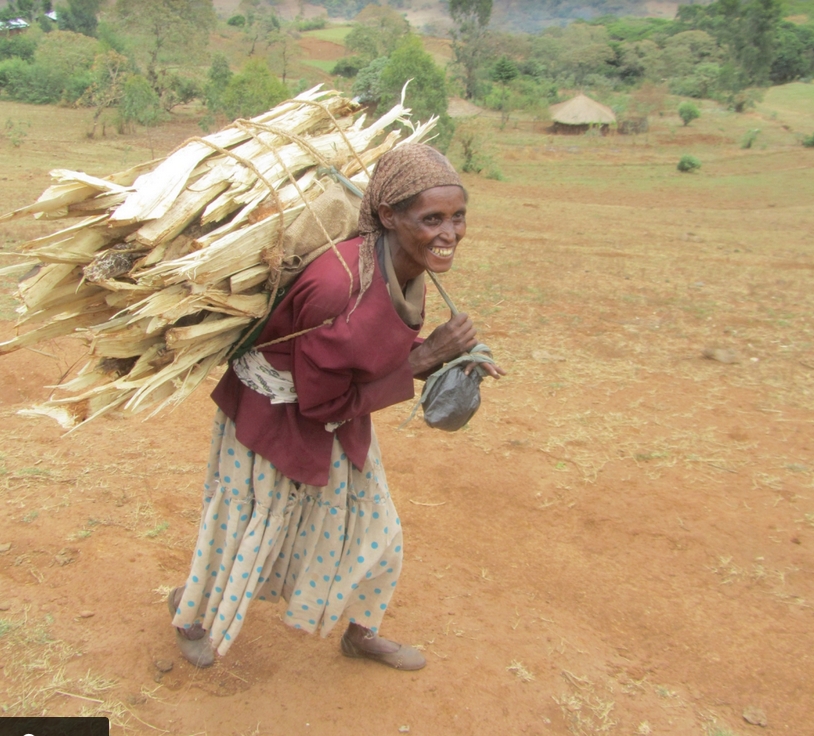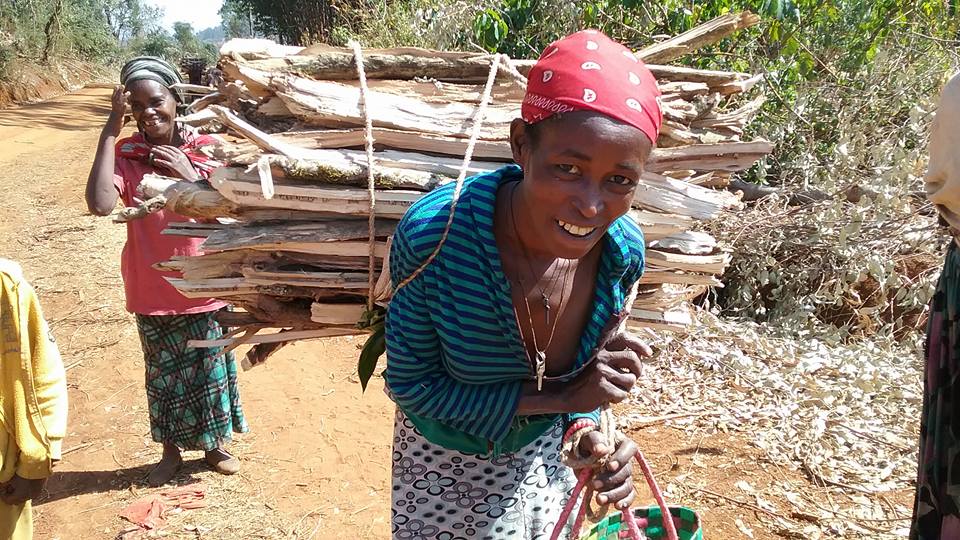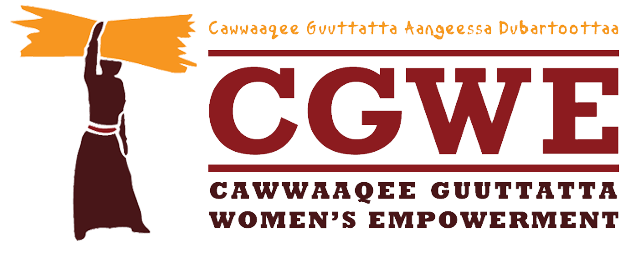Current State of Women in Ethiopia’s Oromia Region

Ethiopia is one of the world’s poorest countries, and the Oromia region is the largest in the country—comprising nearly half of the nation’s population. Most Ethiopians live in rural areas and 80% are dependent upon agriculture and livestock to subsist. Water and food scarcity disproportionately impact small-scale farmers who already live in abject poverty.
Women in Oromian, Ethiopian villages are systematically denied their rights and resources, making it impossible to achieve economic security without intervention. Their voices and lives of women are not heard, nor are they valued: sexual assault, violence, kidnapping, disempowerment, and economic disenfranchisement are commonplace.
Prior to receiving their heifer cow from CGWE, women are often forced to walk miles away from their homes to gather firewood in the jungle, and further still to sell it to earn a living. They risk sexual and physical assault to earn a meager living for their families.
Meanwhile, school-aged children do not attend school: girls take care of younger siblings and boys work as shepherds.
Without intervention, intergenerational cycles of poverty and disempowerment continue unfettered.









